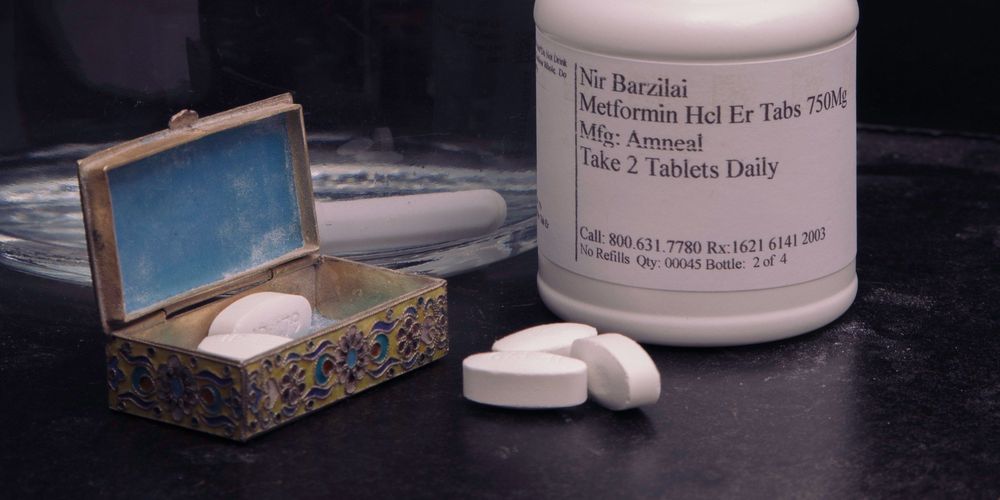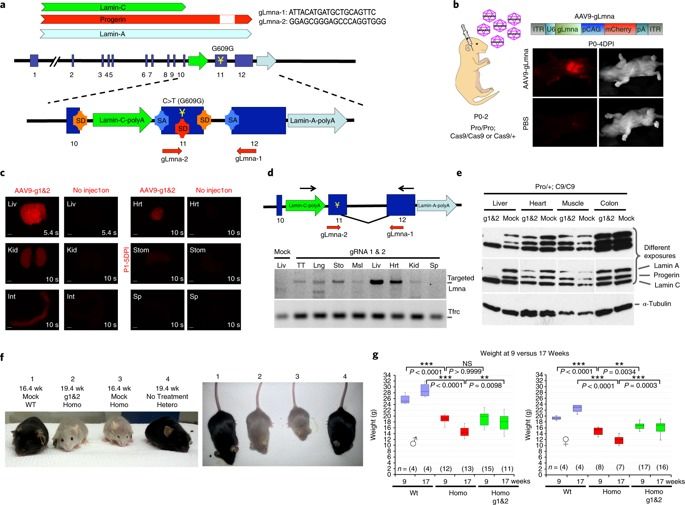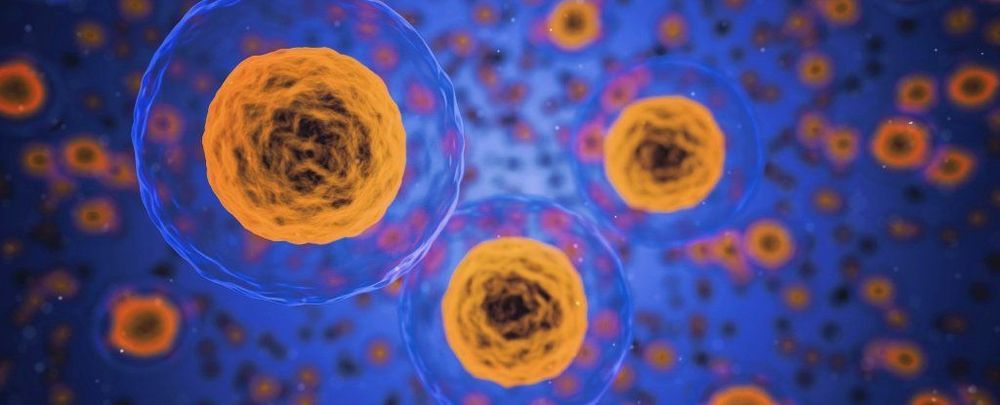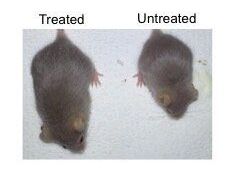Circa 2011
Bill Andrews’s feet are so large, he tells me, that back when he was 20 he was able to break the Southern California barefoot-waterskiing distance record the first time he put skin to water. Then he got ambitious and went for the world speed record. When the towrope broke at 80 mph, he says, “they pulled me out of the water on a stretcher.”
The soles of the size-15 New Balances that today shelter those impressive feet strike a steady clap-clap on the macadam as Andrews and I lope down a path along the Truckee River that takes us away from the clutter of cut-rate casino hotels, strip malls and highway exit ramps that is downtown Reno, Nevada. Andrews, 59, is a lean 6-foot-3 and wears a close-cropped salt-and-pepper Vandyke and, for today’s outing, a silver running jacket, nicely completing a package that suggests a Right Stuff–era astronaut. He is in fact one of the better ultramarathoners in America. I am an out-of-shape former occasional runner, so it gives me pause to listen as Andrews describes his racing exploits. “I can run 100 miles, finish, turn around, and meet friends of mine on the course who are still coming in,” he says. “I’ve been in many races where I’m stepping over bodies of people who have collapsed, and I’m feeling great.”
“I want to cure my aging, my friends’ and family’s aging, my investors’ aging, and I want to make a ton of money,” Andrews says. His return to running after a middle-aged break was, he says, inspired by a revelation he had at a time when he and a small team of scientists at his biotech start-up, Sierra Sciences, had been working 14 to 18 hours a day in the lab for five years, rather obsessively pursuing a particular breakthrough. Finally, his doctor told him he was headed for an early grave. “I thought, god, I don’t want to cure aging and then drop dead,” Andrews says.







